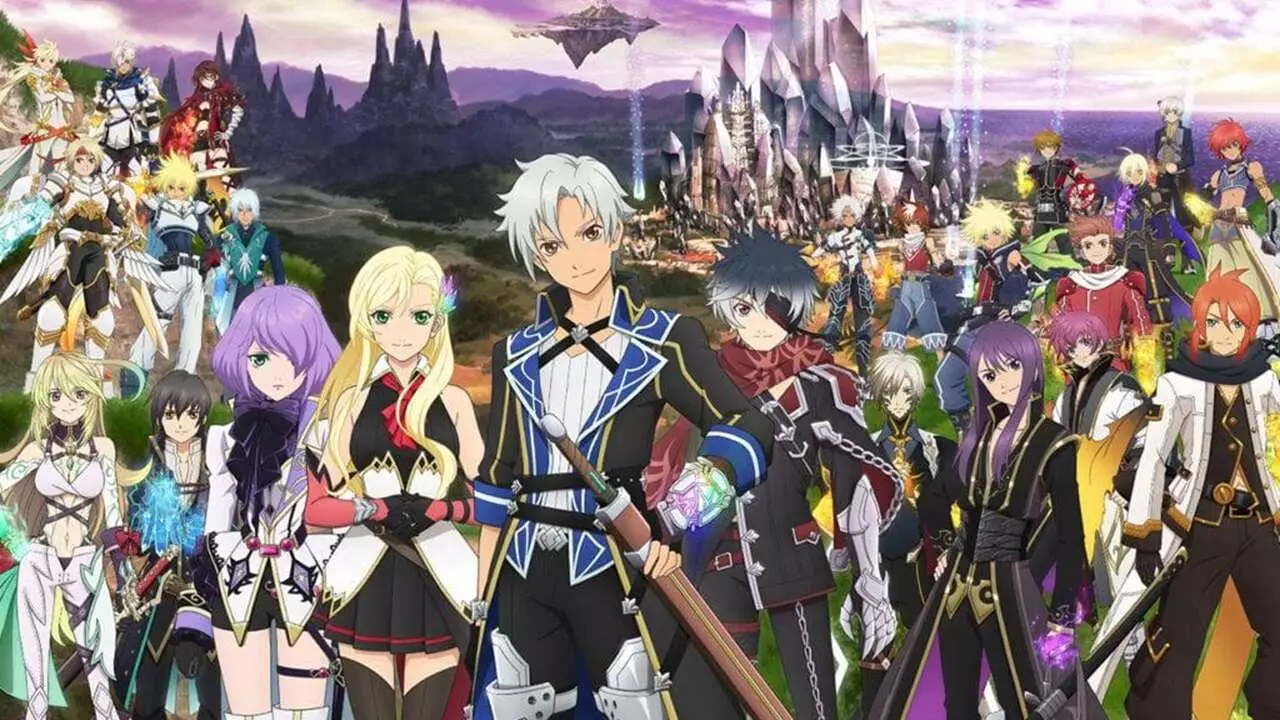The past year has witnessed a seismic shift within the gaming industry, marked by significant layoffs and restructuring across numerous prominent companies. Among these, Bandai Namco has emerged prominently in the spotlight, facing internal challenges that have led to the cancellation of multiple projects, notably those tied to the beloved franchises of One Piece and Naruto. Additionally, news surfaced about the cancellation of an unnamed collaborative project with Nintendo, further raising questions about the company’s strategic direction.
In a recent report by Bloomberg, Bandai Namco’s tumultuous situation was linked to controversial employment practices that have raised ethical concerns. The alleged implementation of the oidashibeya, or “expulsion room,” tactic has come under scrutiny. This method reportedly involves isolating employees in rooms with no assigned tasks, inducing pressure to voluntarily resign without the benefit of severance pay. While Bandai Namco attributes the resignations—totaling nearly 100—to a “natural turnover,” the persistent claims of these practices put the company’s HR policies under a harsh lens.
In an attempt to address these concerns, a representative from Bandai Namco defended the company’s decisions to halt game development, asserting that such measures stemmed from thorough evaluations of the broader industry landscape. The statement emphasized a commitment to moving forward with new projects as opportunities arise, suggesting that game cancellations are not merely the product of financial strain but a strategic realignment based on current market assessments.
However, these claims appear somewhat contradictory in light of the company’s recent actions. The summer saw additional game cancellations, including the closure of the popular mobile title *Tales of the Rays* as well as the upcoming MMORPG *Blue Protocol*, scheduled to go offline early next year. Bandai Namco expressed disappointment regarding its inability to launch *Blue Protocol*, reflecting a sense of lost potential and unmet expectations, both internally and for the gaming community that had anticipated its release.
Despite such setbacks, Bandai Namco has enjoyed some measure of success with its latest title, *Dragon Ball: Sparking Zero.* The game made a remarkable debut, selling over 3 million units globally within just 24 hours of its release, indicating strong consumer interest and substantial franchise loyalty. This success highlights a juxtaposition between the potential for high-performing titles and the troubling undercurrents experienced by the company as a whole.
What remains to be seen is how Bandai Namco will navigate these tumultuous waters going forward. The gaming industry, characterized by rapid changes and intense competition, necessitates a nimble approach, both in product development and employee management. The dual challenges of maintaining a healthy workforce while fostering creativity in game development will require nuanced strategies that prioritize both talent retention and product viability. As it stands, Bandai Namco must confront its current struggles head-on if it aims to recover from recent losses and leverage its popular titles effectively in a constantly evolving market.


Leave a Reply